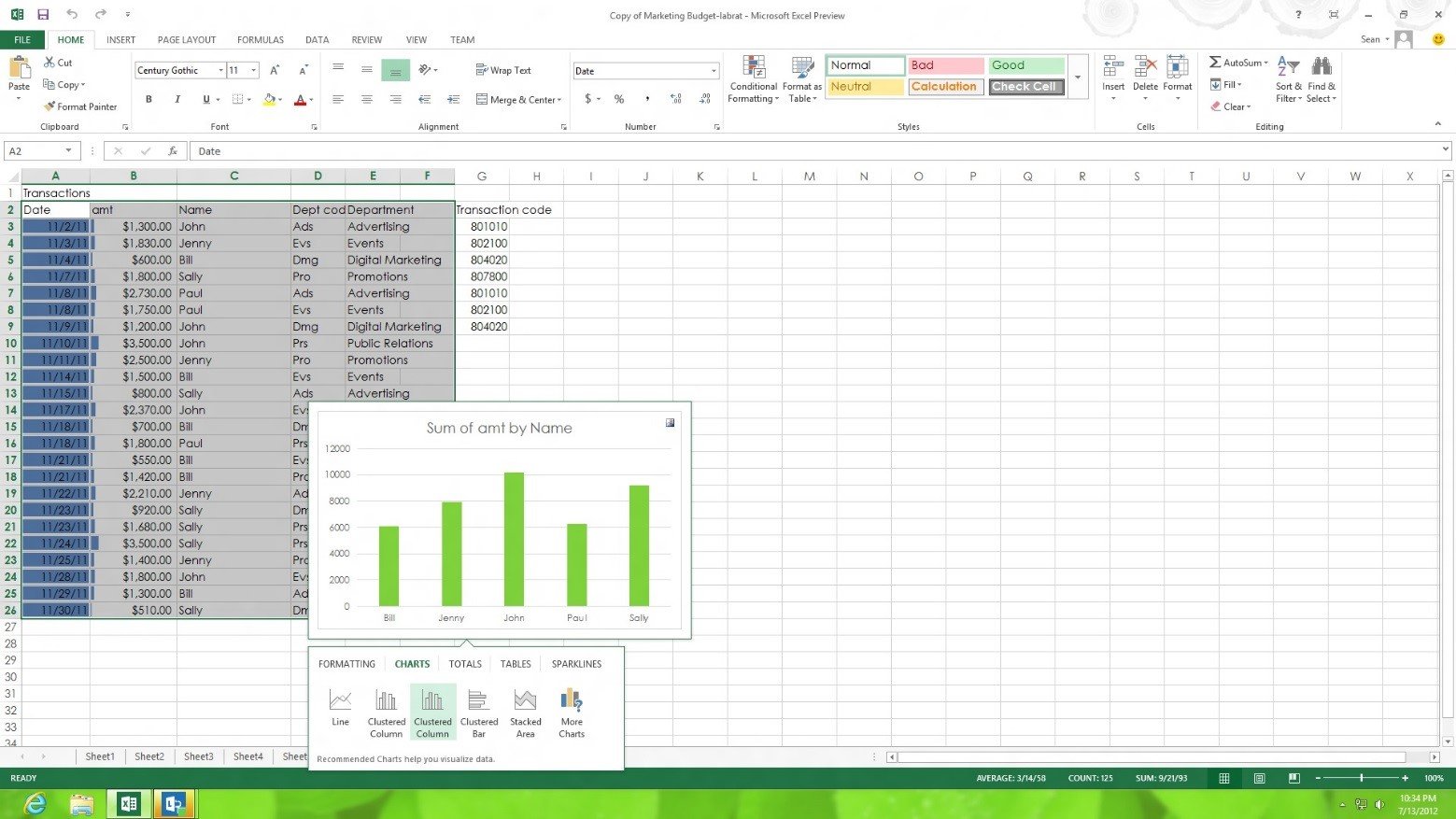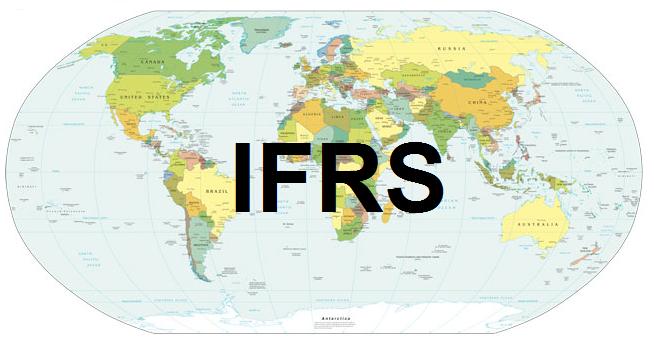In two previous posts, we have discussed some issues with annual reports and financial reviews of companies in Vietnam. What can be done to improve them? Preparing a financial report is an art that requires authenticity rather than a motive to polish a company’s image.
Recent TRG blog posts
How companies can improve their corporate financial report
Posted by Rick Yvanovich on Tue, Jan 13, 2015
Blog Topics: Financial consolidation, planning and reporting, Financial Accounting Management Software
Getting rid of Excel in financial planning and budgeting: modern trend for CFOs
Posted by Rick Yvanovich on Mon, Jan 12, 2015
Recent research by Anaplan, an expert on modelling and planning finance, sales and operations platforms, states that currently, Asia Pacific’s CFOs are still experiencing difficulties with spreadsheet usages in financial planning and budgeting. In addition, there was a relatively low satisfaction level with the accuracy, timeliness and ease of Excel use for planning and budgeting.
Read more: A complete guide to financial consolidation
Blog Topics: Planning and Budgeting, CFOs, Financial consolidation, planning and reporting
Points of caution when analysing annual financial review in Vietnam
Posted by Rick Yvanovich on Mon, Apr 7, 2014
In the previous post, we have touched upon the current issues with annual reports in Vietnam. The financial review in an annual report, including financial statements and footnotes, is of particular interest to investors. Nonetheless, there are differences between the way this section is approached in Vietnam and in Western countries such as the US and UK due to legal, social, cultural and political dissimilarities.
Blog Topics: Financial consolidation, planning and reporting
Rethinking the real value of annual financial reports in Vietnam
Posted by Rick Yvanovich on Wed, Apr 2, 2014
Annual report – As sad as it may seem, the concept of preparing/using the document is still a grey area in Vietnam. According to the Ministry of Finance, to date there are 1,690 public companies in Vietnam, 704 of which are listed in 2 stock markets. However, in 2011, only 21 out of 695 listed companies sufficiently met mandatory regulations regarding information disclosure.
Blog Topics: Financial consolidation, planning and reporting, Financial Accounting Management Software
Technology for financial consolidation
Posted by Thuy Tien Tran on Tue, Jul 23, 2013
The financial consolidation process in a corporation usually begins with capturing business transactions and events and closing sub ledgers into general ledgers. It often involves reconciliations of financial statements from different subsidiaries as well as dealing with minority interest and intercompany transactions . As companies grow, so does the number of entities needing to be consolidated. The consolidation process can be complicated for corporations with multiple subsidiaries and associates, especially when their consolidation system is manual, or not integrated.
Blog Topics: Financial consolidation, planning and reporting
What is Financial Consolidation Process and How to Get Started?
Posted by Rick Yvanovich on Tue, Jul 2, 2013
Before we discuss financial consolidation, it’s important to note the following definitions (IAS 27):
Blog Topics: Financial consolidation, planning and reporting
Adapting to economic globalisation: From VAS to IFRS accounting
Posted by Thuy Tien Tran on Wed, Jun 5, 2013
Globalisation has made the transition from VAS accounting to IFRS accounting a pressing issue for many organisations. It does not only apply to global companies operating in Vietnam but also to Vietnamese companies with foreign capital investment, which helps increase mutual understanding and trust for foreign investors, who do not have an insider’s knowledge of VAS.
Blog Topics: Financial consolidation, planning and reporting, IFRS
CFOs and finance professionals: Time to change the way you work
Posted by Cuong Nguyen on Tue, Feb 19, 2013
“It’s an increasingly complex world” (Accenture, 2012)
Today, economic turmoil and volatility are dominant and the roles of CFOs and senior finance managers are changing. Thus, it’s critical that CFOs are able to:
Blog Topics: Planning and Budgeting, CFOs, Financial consolidation, planning and reporting, Financial Accounting Management Software
How technology can help you with IFRS adoption
Posted by Rick Yvanovich on Tue, Feb 12, 2013
In our view, companies are best served when they take an integrated approach to build an IFRS framework. Toward that end, they need a fully integrated solution ideal for supporting the IFRS adoption. A key element is the ability of enterprise applications to work in conjunction with financial management ones to meet a wide range of accounting requirements and processes mandated by the International Financial Reporting Standards.
Blog Topics: Planning and Budgeting, Financial consolidation, planning and reporting, Enterprise Performance Management (EPM)
Actions to Improve Business Performance for Organisations
Posted by Rick Yvanovich on Tue, Jan 29, 2013
When Aberdeen Group conducted a study in 2011, they identified three classes of performance in corporate financial planning, budgeting and forecasting: Best-in-class, industry average and laggard. The research group outlined steps to help companies improve their performance, regardless of their current class.
Blog Topics: CFOs, Financial consolidation, planning and reporting, Enterprise Performance Management (EPM), Financial Accounting Management Software
 English
English  Vietnamese
Vietnamese 










